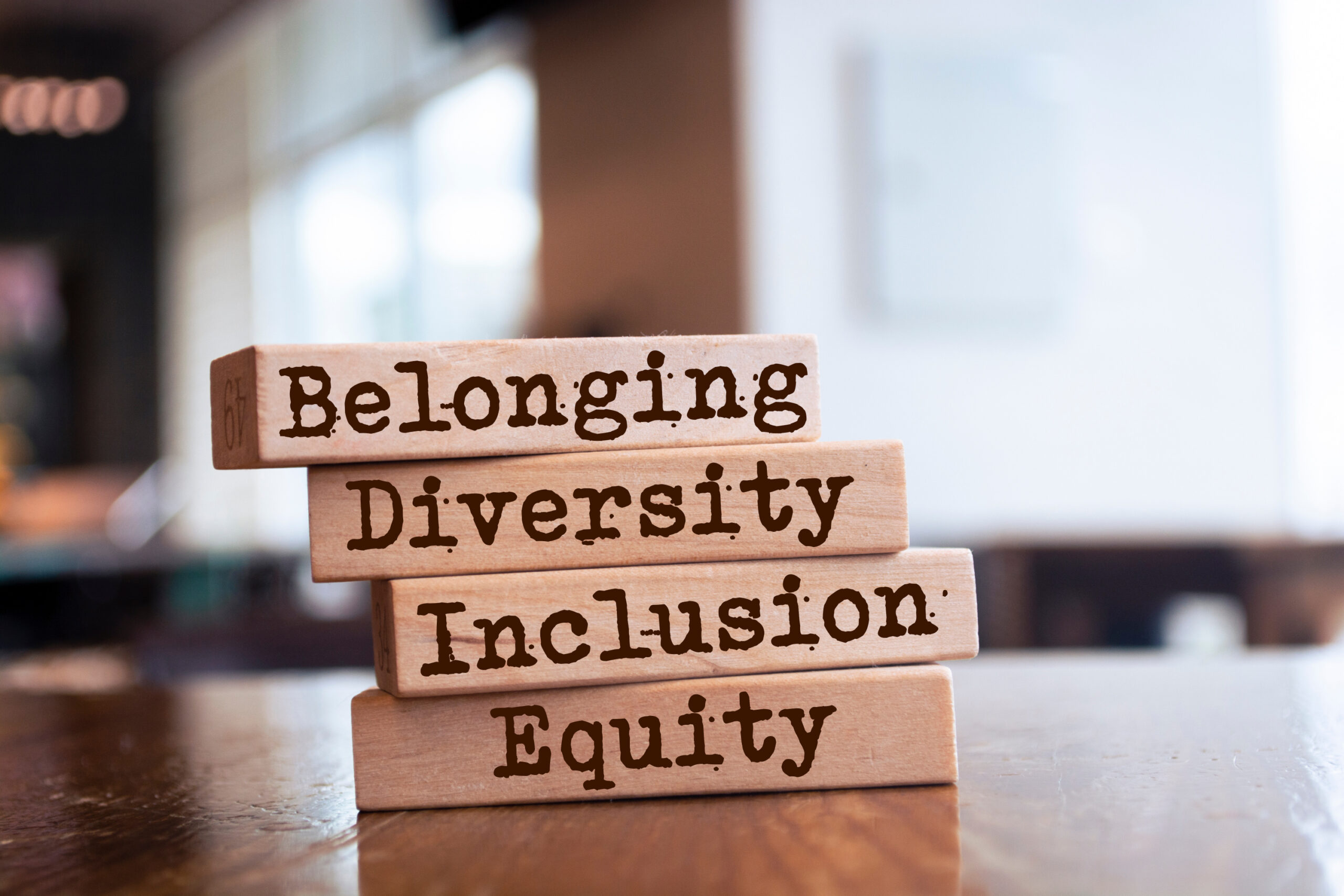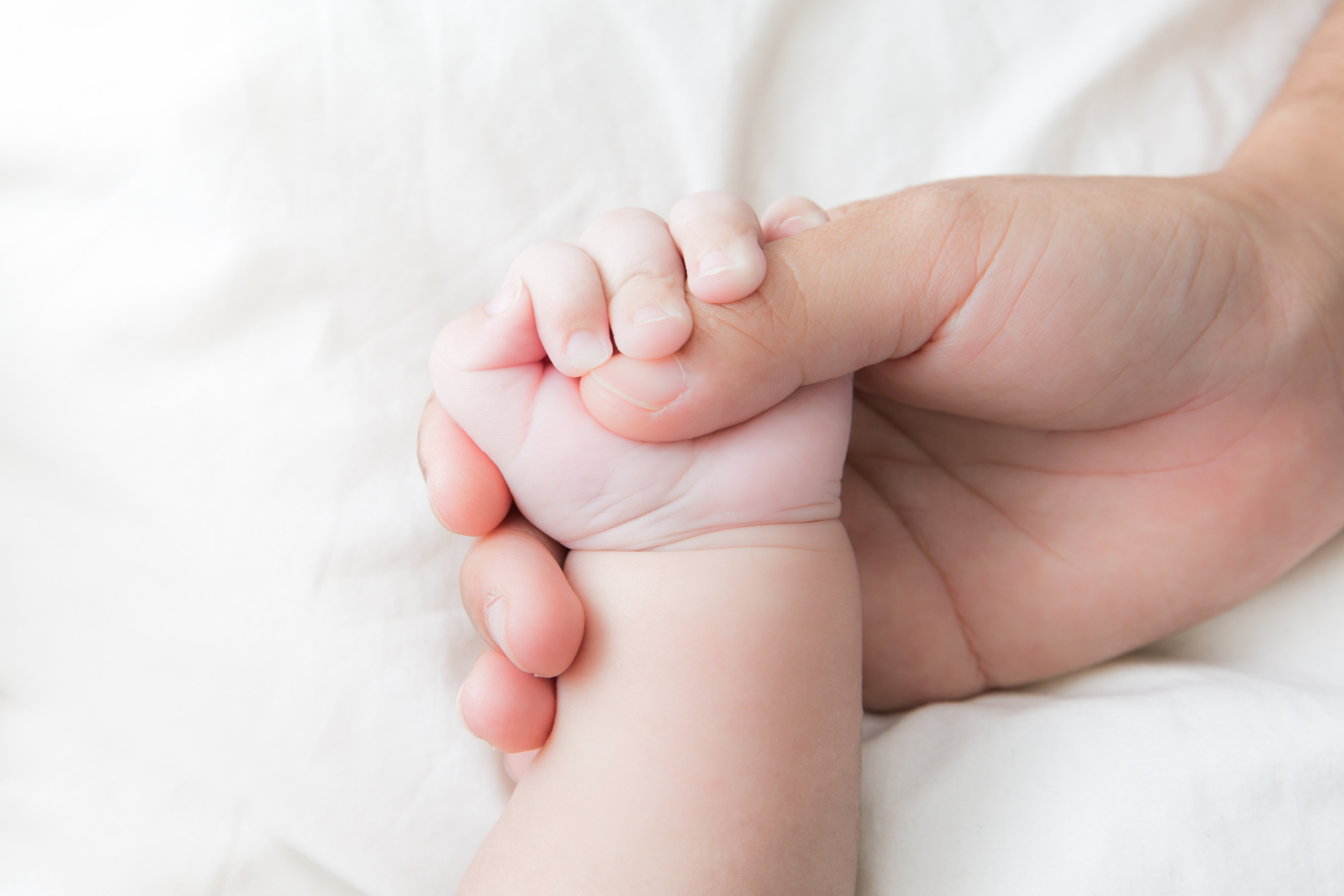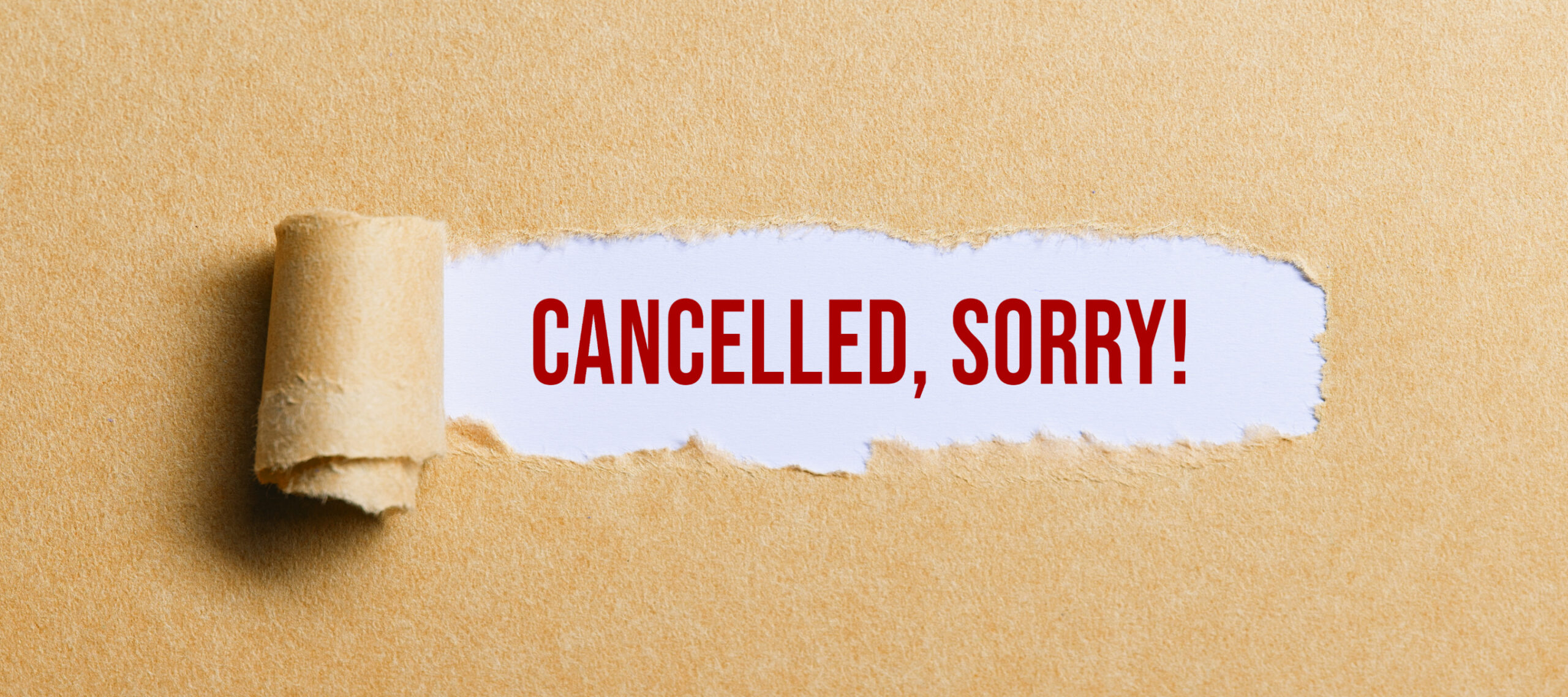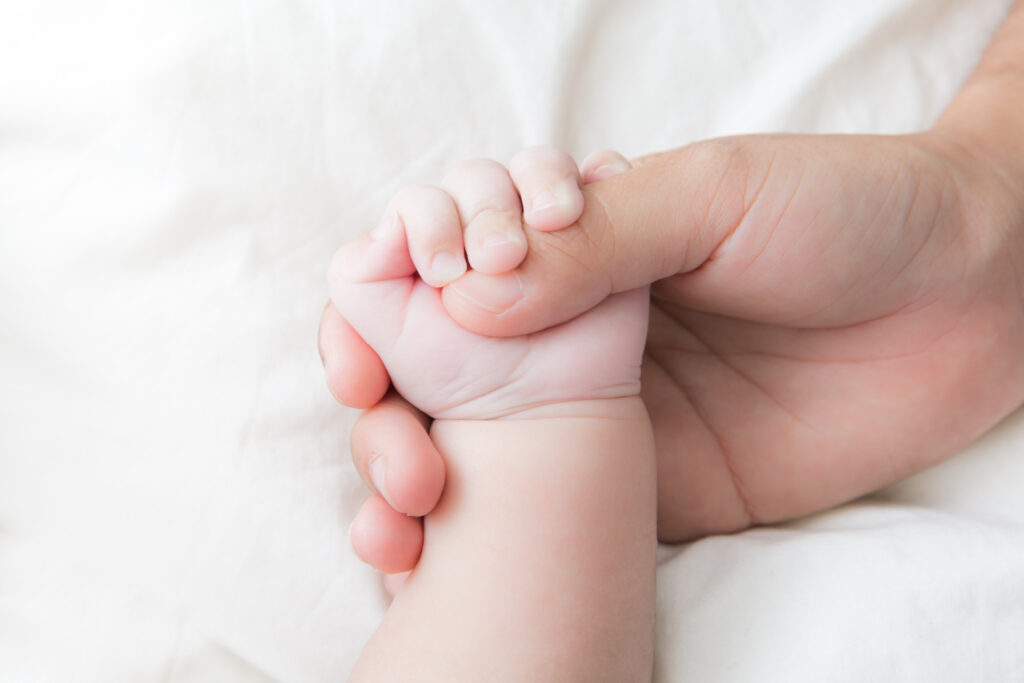
At some point, if people truly care about Americans being given as close to an equal chance for equality, they will have to ditch Diversity, Equity, and Inclusion (DEI) as the best path forward. There surely are some well-intentioned people who advocate its use to solve the problems of persistent racism and discrimination based on gender. At the same time, a whole lot more folks appear to be mostly interested in pushing a particular narrative—one based on this country and its history essentially representing evil every step of the way.
Think of it this way. School One argues that from the time we stole the land from indigenous Indians, to practicing the horrid system of slavery, to denying the right to vote to women, to the continued presence of racism and misogyny, they all combine to make it preposterous to argue anything other than that the only exceptionalism for the United States is how awful we have been and are.
My late father was fond of asking “compared to what.” He loved quoting Winston Churchill’s observation democracy is the worst form of government ever created, except for every other system. This is the mentality that guides School Two.
School Two believes (okay, I believe) that for all our flaws, America has been a beacon of light to the world for freedom, liberty, and opportunity, certainly compared to the rest of the world. They believe our flaws should be recognized and studied. At the same time, they think the culture, history, and traditions that have guided us constitute the basis for addressing and solving the problems we face today.
This brings us back to DEI. Too often, diversity stands for division. Too often, inclusion becomes a tortured approach to assure certain preferred outcomes having little or nothing to do with the best thing taking place. Worst is how those two drive what is to be accepted as equity. Equity does not require equality of outcomes for every group in every area. At the same time, two things should be said. Without question, discrimination persists to this day, and differences in performances are not the byproduct of someone’s DNA, except when convenient for a given narrative.
Raise your hand if you believe biological women must serve in combat proportionate to their percentage of the population. Women deserve to be given the same opportunity to qualify as their male counterparts, using one set of standards to determine who is fit for combat. If that turns out to be 15 percent, so be it. If we decide having more women in combat is a good idea unto itself, I am fine with dedicating assets to improve their chances (producing bigger, quicker, and stronger women). However, the tests themselves remain constant.
People can mock the notion that you will not care much about race or gender if you are in need of a heart surgeon. At the same time, the point is well taken. Again, efforts to come as close as possible to ensure equal opportunities for all demographics is fine. Arguing that if the percentages are not proportionate to the population, it is proof that systemic racism constitutes politically motivated horse waste. Find me the American who wants to put DEI ahead of competence when it comes to their own health.
Most important is defining equity. The dictionary says it is “the quality of being fair and impartial.” It is not about everything under the sun requiring the pie to be divided equally as measured by every segment of the population getting its proportionate share. Affirmative action began as an effort to have those in decision-making positions going the extra mile to assure qualified minorities and women were given the chance to compete for a job or admission to college. Good idea. Quotas? Bad idea.
The key word here is qualified. The goal can be to come as close as possible to proportionate representation. However, when fair and reasonable competition produces other results, there are two keys to improving things. One, extra efforts can be directed to the underrepresented segments of the population to increase the pool of truly qualified candidates. Second, we can conclude that this equality of outcomes (that would be anything other than equitable) need not consume us, much less demand that we accept the premise unequal outcomes are proof positive of racism and sexism.
My whole life, I have read and heard sentences that begin with “as a woman” followed by describing why women would be uniquely qualified for one or another good thing by virtue of their gender. Is it barely possible the same could be said about men for anything that is positive?
It is fine to take note of negative events in our history. It is fine to be honest with ourselves that racism and sexism remain problems that deserve attention. What is not fine is to use DEI as a basis to divide us or to lower the standards in important areas such as the military, healthcare, and scientific research.
Common Sense: We are not perfect and never have been. Where it is felt that certain segments of the population are underrepresented, great to make efforts to find qualified candidates. It is not okay to lower standards to make the numbers work. None of this requires Americans to conclude we are an evil people.
If you have thoughts or just want to stir the pot, email Bill at [email protected]—he’s always up for a good debate!
RECENT










BE THE FIRST TO KNOW

More Content By
Bill Greener











